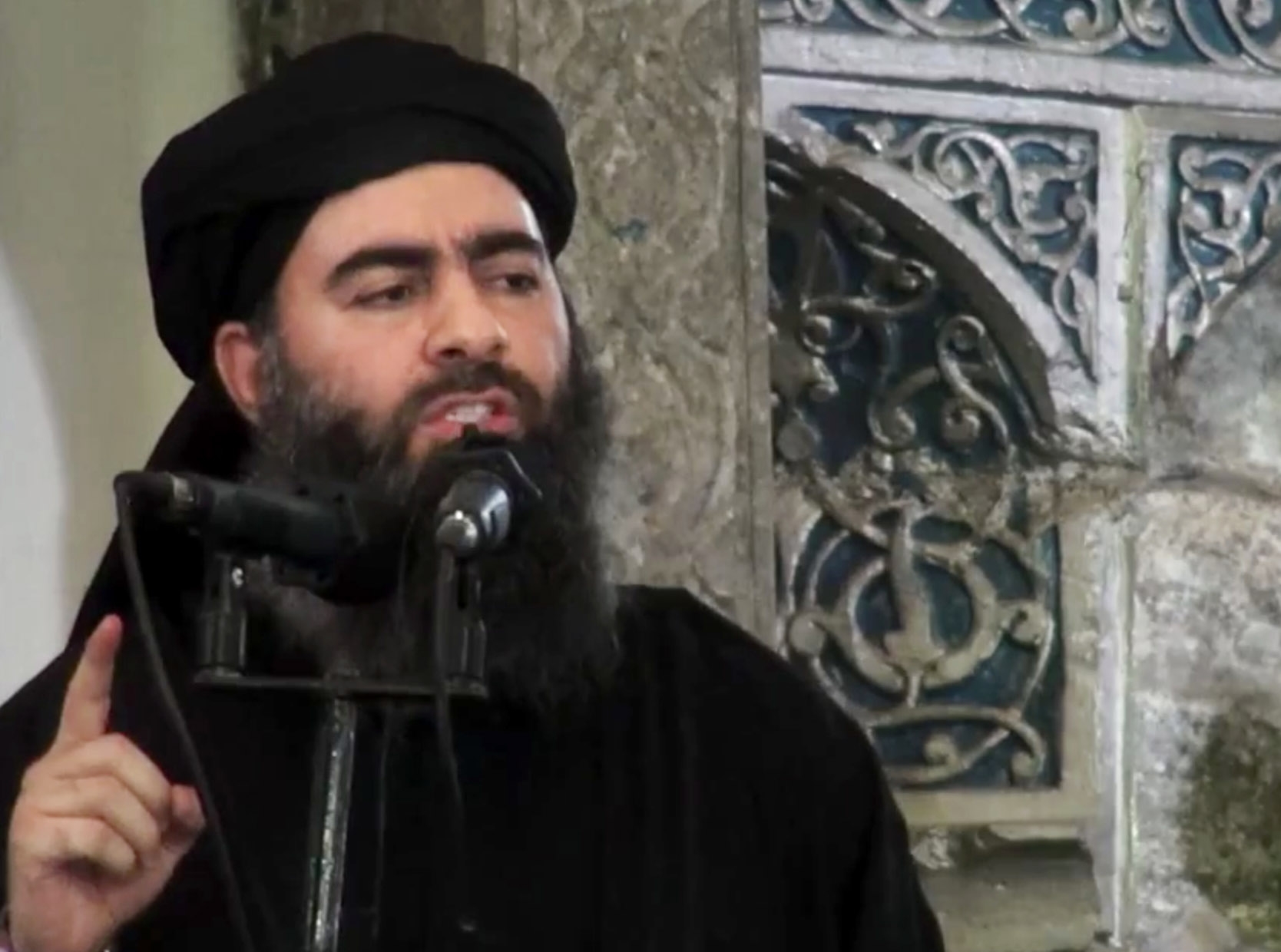
U.S. forces killed another to ISIS leader this week, but experts say removing top officials won’t be enough to take the terror organization down.
The U.S.-led coalition against ISIS confirmed the death on Tuesday of one of the group’s biggest operatives, Omar al-Shishani. The Georgian national, who is also known as Omar the Chechen, is believed to have died from injuries sustained in a U.S. airstrike earlier in March.
But while killing top ISIS officials is sure to negatively affect the organization, it’s unlikely to be decisive. Patrick Skinner, special projects director of the Soufan Group, a private intelligence firm based in New York, says that ISIS has become so large that, like al-Qaeda, killing even its top leader won’t bring it down. “They are not going to fall apart if they lose one person,” Skinner says.
The assassination campaign has also been a victim of its own success. ISIS has filled the roles of slain leaders who, like Shishani, have been targeted during airstrikes over the past few months. But according to Skinner, the replacements won’t be announced because doing so would cause “that person to become a target.”
That said, experts have identified other top ISIS leaders who remain on the coalition’s hit list. Still at large are:
Abu Bakr al-Baghdadi
The group’s leader and self-proclaimed caliph has played an instrumental part in creating and gathering new supporters for ISIS. The shadowy figure, who has a $10 million bounty on his head, has revealed little about himself, reportedly wearing a mask while addressing fighters. He is thought to be 44 years old. Compared to Shishani, who was a decorated military man, al-Baghdadi “is not the main military figure in ISIS,” according to Omar Ashour, a lecturer in security studies at the University of Exeter and an associate fellow at Chatham House. Instead, Ashour says the ISIS leader’s strengths lie in theology—al-Baghdadi received a PhD in Islamic studies—while also symbolizing the successes of ISIS’s expansion from Mosul in Iraq to Aleppo in Syria. His skill at warping Islam for his own ends have enabled ISIS to recruit thousands members and helped justify the group’s trademark atrocities in the eyes of some believers.
Abd al-Rahman Mustafa al-Qaduli
This senior ISIS operative was one of the oldest members of al-Qaeda in Iraq (AQI), an al-Qaeda offshoot started by the notorious Abu Musab al-Zarqawi, who masterminded the Sunni insurgency in Iraq and created the foundation of what would become ISIS. Al-Qaduli, like al-Baghdadi after him, served as al-Zarqawi’s right-hand man before Zarqawi was killed in an airstrike in 2006. In 2012, al-Qaduli allegedly escaped from prison and joined the early iteration of ISIS, since becoming a second-in-command to al-Baghdadi. According to the BBC, he is alleged to have acted as ISIS’s leader when al-Baghdadi was wounded in an airstrike in March. There has been an unconfirmed report of his death during an airstrike in Tal Afar, Iraq, but the Department of Justice continues to offer up to $7 million for any information his whereabouts. “Many allege that he is one of the main figures of ISIS,” says Ashour of al-Qaduli. “He is certainly the most experienced.”
Abu Mohammed al-Adnani
The 38-year-old Syrian from the northwestern city of Idlib became the senior spokesman for the group in 2014. According to CNN, it is believed he spent time in a U.S. detention facility, Camp Bucca, between 2005 and 2010, and he was also the first to declare ISIS’s “caliphate” for areas in Syria and Iraq. The charismatic spokesperson is also known for his bombing campaigns against Iraqis and the expansion of ISIS into Syria, reports the Associated Press. Iraq officials say al-Adnani was wounded in an Iraqi airstrike in January, but the Syrian still has a $5 million bounty on his head. “He would be a top target,” says Skinner, of the Soufan Group, who explains that Adnani’s role as “a really effective press secretary” would have given him access to unreleased operational details of ISIS. “He is a guy you want to capture because he is clearly plugged in, he has access (al-)Baghdadi,” Skinner adds.
More Must-Reads From TIME
- The 100 Most Influential People of 2024
- Coco Gauff Is Playing for Herself Now
- Scenes From Pro-Palestinian Encampments Across U.S. Universities
- 6 Compliments That Land Every Time
- If You're Dating Right Now , You're Brave: Column
- The AI That Could Heal a Divided Internet
- Fallout Is a Brilliant Model for the Future of Video Game Adaptations
- Want Weekly Recs on What to Watch, Read, and More? Sign Up for Worth Your Time
Contact us at letters@time.com